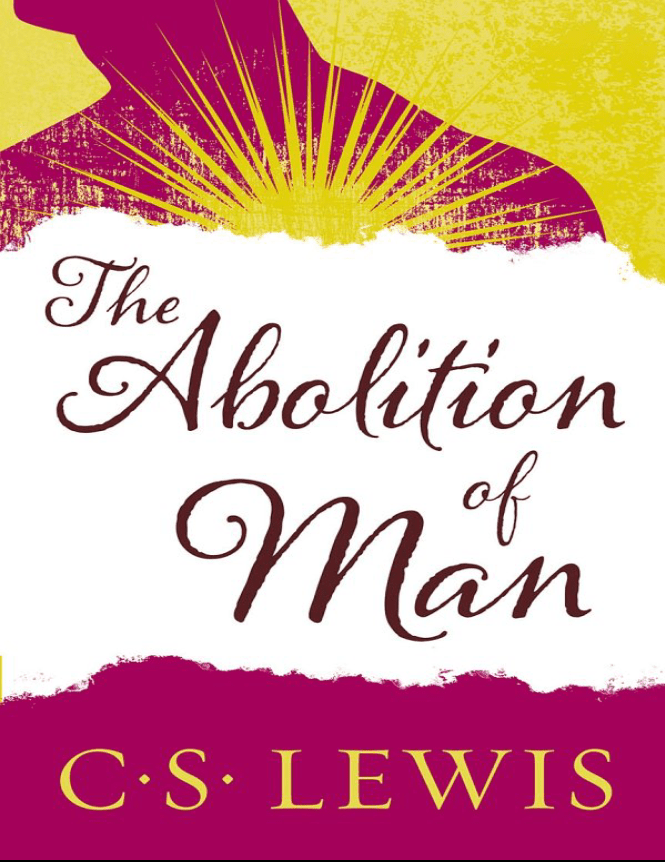Newly released
This book is new and will be uploaded as soon as it becomes available to us and if we secure the necessary publishing rights.

The Abolition of Man Book PDF
(0)
Author:
c. s. lewisNumber Of Reads:
69
Language:
English
Category:
Social sciencesSection:
Pages:
69
Quality:
excellent
Views:
627
Quate
Review
Save
Share
Book Description
"The Abolition of Man" is a book written by C.S. Lewis in 1943, which examines the relationship between education and morality. The book is a critique of moral relativism and utilitarianism, which Lewis believed were the forces that were corroding morality and ethics in modern society.
The book is divided into three chapters, each addressing a specific theme. In the first chapter, titled "Men Without Chests," Lewis criticizes what he considers to be a reductionist approach to education that emphasizes science and technology at the expense of morality and human values.
In the second chapter, "The Way," Lewis explores the nature of morality and argues that it is an inherent feature of humanity that cannot be explained or reduced to anything else.
In the third and final chapter, "The Abolition of Man," Lewis analyzes the implications of moral relativism and utilitarianism for society and concludes that these ideas are leading to the destruction of humanity.
In "The Abolition of Man," Lewis argues that morality is a fundamental aspect of human life and must be defended and preserved. He warns that reducing morality to a mere instrument of technology and efficiency will lead to the end of humanity.
Lewis's book is an influential work of moral philosophy that continues to be relevant today. Its message that morality is an inherent feature of humanity that cannot be reduced to anything else remains an important reminder of the importance of values and ethics in human life.
In conclusion, "The Abolition of Man" is a thought-provoking and insightful book that challenges readers to reflect on the relationship between education and morality. Its message that morality is an essential aspect of humanity that must be defended and preserved is an important one that continues to resonate today.
c. s. lewis
Clive Staples Lewis (29 November 1898 – 22 November 1963) was a British writer and scholar. He is best known for his works of fiction, especially The Chronicles of Narnia, a series of seven fantasy novels that has become a classic of children's literature.
Lewis was born in Belfast, Northern Ireland and educated at Oxford University, where he later became a professor of medieval and Renaissance literature. He was a member of the literary group known as the Inklings, which included J.R.R. Tolkien, Charles Williams, and others.
In addition to The Chronicles of Narnia, Lewis wrote many other books, including the science fiction trilogy Out of the Silent Planet, Perelandra, and That Hideous Strength, as well as The Screwtape Letters, The Problem of Pain, and Mere Christianity, which are works of Christian apologetics. He was known for his ability to communicate complex ideas in a clear and engaging way, and his writings continue to be read and appreciated by people of all ages and backgrounds.
Book Currently Unavailable
This book is currently unavailable for publication. We obtained it under a Creative Commons license, but the author or publisher has not granted permission to publish it.
Rate Now
5 Stars
4 Stars
3 Stars
2 Stars
1 Stars
The Abolition of Man Quotes
Top Rated
Latest
Quate
Be the first to leave a quote and earn 10 points
instead of 3
Comments
Be the first to leave a comment and earn 5 points
instead of 3